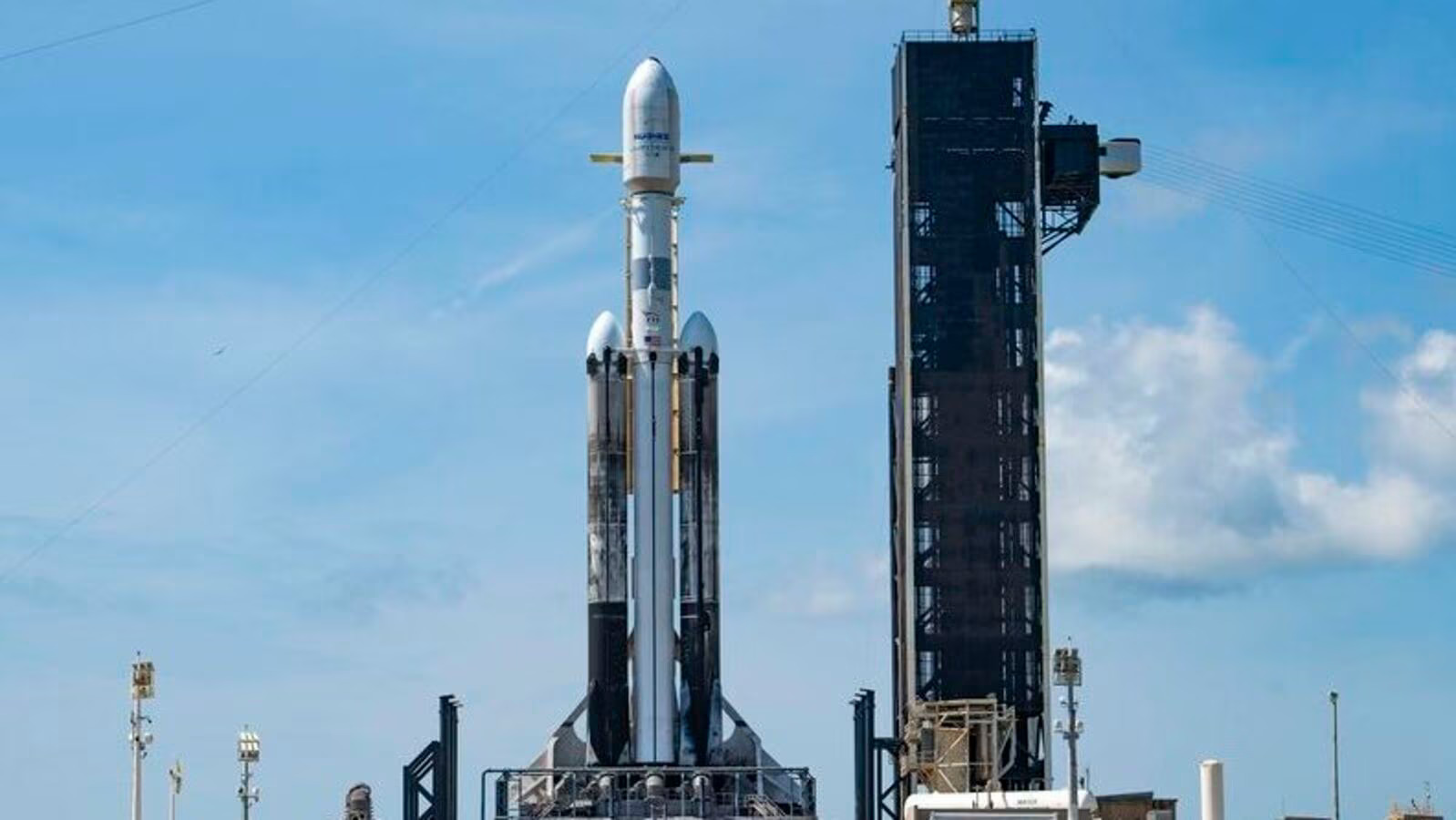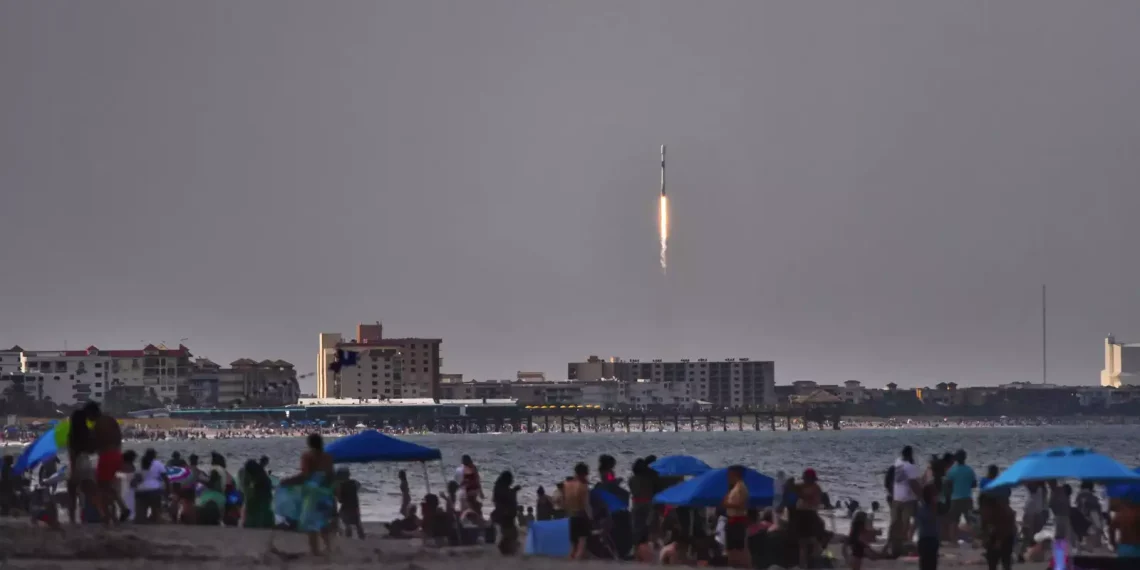In April 2020, Indonesia’s $220 million Nusantara-2 satellite was destroyed due to a malfunction in a Chinese rocket shortly after launch. This incident served as a turning point, leading Indonesia to reconsider its reliance on Chinese contractors for satellite launches.
Instead, the country began favoring Elon Musk’s SpaceX, attracted by the company’s track record of reliability and cost-effectiveness.
SpaceX’s success in securing satellite launch contracts in Indonesia came after a personal meeting between Musk and Indonesian President Joko Widodo, where regulatory approval for SpaceX’s Starlink satellite internet service was also granted.
This shift marked a departure from Indonesia’s previous reliance on Chinese contractors, highlighting a larger trend of Western companies making inroads into Southeast Asia’s space market.
The rivalry between SpaceX and China Great Wall Industry Corp (CGWIC) for satellite launch contracts in Indonesia mirrors the broader competition between the United States and China in the global space industry.
While China has historically dominated the satellite launch market, SpaceX’s emergence as a formidable competitor has disrupted this trend.

SpaceX’s success in Indonesia underscores its growing influence in the international space sector, challenging China’s traditional dominance. This shift also reflects Indonesia’s strategic decision to diversify its partnerships in the space industry, reducing its dependence on any single country.
Overall, the competition between SpaceX and CGWIC for satellite launch contracts in Indonesia highlights the evolving dynamics of the global space industry, with implications for geopolitical relations and technological advancement.




